August Blog – What to do in the garden
Our Peat-Free Expert, Kate the Garden Guru shares top tips for gardening…
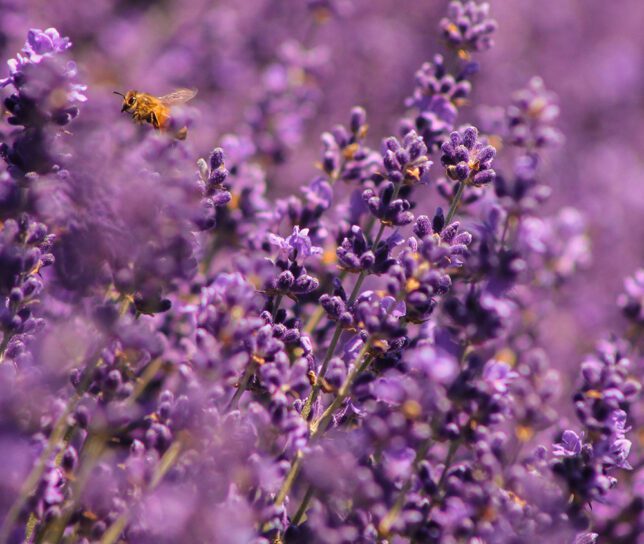
Updates from Avalon Farm
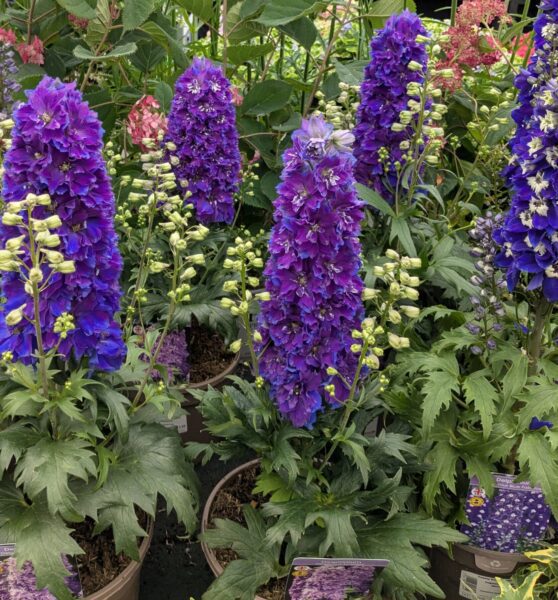
May brings a burst of colour, warmth, and life to our gardens. It’s the perfect time to roll up your sleeves, get your hands dirty, and really enjoy your outdoor space. It’s also an ideal month to put eco-friendly gardening into practice, especially when it comes to choosing peat-free composts. At Durston Garden Products, we believe gardening should work with nature—and our range of sustainable composts makes that easier than ever.
Here’s your essential peat-free gardening checklist for May:
Bring on the blooms! May is the month when the last of the frosts are on their way out and with the warm weather we have been having recently, it’s time to let those more tender flowers shine! Fill pots and hanging baskets with colourful bedding plants like fuchsias, begonias, and verbena, but don’t forget, it’s not just about the divas, annual pots need foliage to work as a backdrop for the flowers and to add interest and texture, you need climbers, except these climbers will hang down, spiller over your pot or hanging basket – just think:
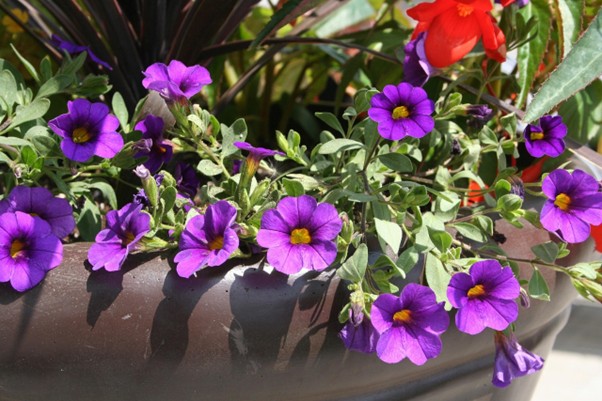
Thriller – this is your main plant, your centrepiece around which all the other plants work around. Thrillers can include upright fuchsia’, salvias, cannas, phormium or an ornamental grass such as Purple Fountain Grass. They need to be bold and beautiful!
Filler – These plants enhance your ‘Thriller’ but don’t take away from it. Try and get them to complement the main plant rather than detract, so think of rounded and mounded. They can also be used to hide any ugly leaves or bare stems from the main plant. Great ‘fillers’ can include verbenas, scaevola, cosmos or for foliage try coleus.
Spiller- These include the plants that trail down your container, softening the edges and adding a voluptuous feel to the arrangement. Not just for hanging baskets, spillers are an essential component of a great summer container. ‘Spiller plants can be foliage or flowers and can include plants like bacopa, surfinias, ivy and dichondra Silver Falls
Quick Win: Use a peat free compost especially formulated to work with pots and containers as these will help with hydration and nutrient levels. Try Durstons Tub & Basket Compost, specially formulated for hardworking containers.
Climbing plants like roses, clematis, and sweet peas are growing fast now. Keep tying in new growth to supports. Tie in clematis and roses on the horizontal as much as possible, as this encourages more flowering along the stems. Snip off some of the sweet tendrils as they can take away the energy from the flowers.
Top tip -As soon as buds form, feed with a high potash feed to encourage beautiful blooms.
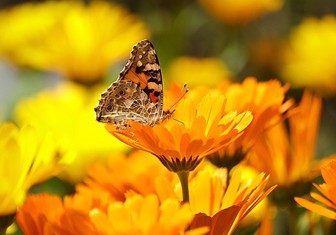
Now is the time to ramp up your sowing. Many of these can be directly sown straight where they are to flower, but I like to keep an eye on mine in case of slugs and other pests, so I still tend to sow in modules, using a peat free seed and cutting compost and then plant them out when they are a bit bigger and stronger.
Your April-sown seedlings are ready to head outdoors. Begin by hardening them off over 7–10 days, gradually introducing them to outdoor conditions.
Hardening off is the gardeners spring dance – you take your seedlings out, take your seedlings in, in out, in out…… until they are ready to be planted out in their final positions. This must be done when the nighttime temperatures are mild and although recently, we have been lucky, it’s not unusual to have a sudden nighttime temperature drop in May, so be prepared with some horticultural fleece for a quick cover up!
Before planting out, prepare your beds by enriching the soil with Durstons Soil Conditioner or Farmyard Manure. This boosts nutrients and improves texture, giving young plants the healthiest start possible.
Your April-sown seedlings are ready to head outdoors. Begin by hardening them off over 7–10 days, gradually introducing them to outdoor conditions.
Hardening off is the gardeners spring dance – you take your seedlings out, take your seedlings in, in out, in out…… until they are ready to be planted out in their final positions. This must be done when the nighttime temperatures are mild and although recently, we have been lucky, it’s not unusual to have a sudden nighttime temperature drop in May, so be prepared with some horticultural fleece for a quick cover up!
Before planting out, prepare your beds by enriching the soil with Durstons Soil Conditioner or Farmyard Manure. This boosts nutrients and improves texture, giving young plants the healthiest start possible.
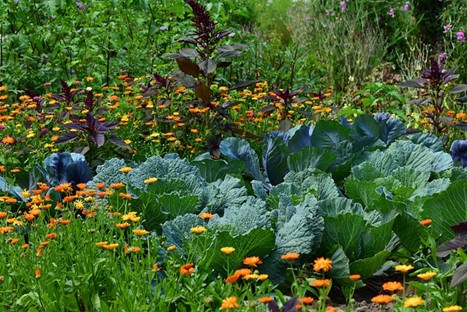
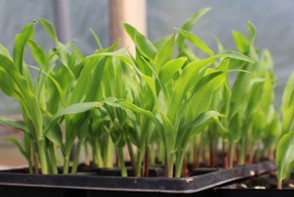
May is the sowing season for tender veg like beans, courgettes, pumpkins, and sweetcorn. These sun-lovers prefer being sown that bit later as they don’t like hanging around indoors for too long. For best germination, try Durstons seed & cutting compost mixed in with peat free Multi-Purpose Compost.
Ideally sow indoors with some bottom heat in 9cm pots and harden off as soon as they start to grow their true leaves.
Top Tip: When sowing pumpkins, courgettes, and cucumbers, always sow the seeds on their side as this prevents water accumulating on the flat surface and rotting the seed.
Try pairing:
Use Durstons peat free Organic Multi-purpose Compost in pots and raised planters to support the whole system naturally, keeping both your veggies and their companions happy and healthy
It’s now time to plant out your main crop potatoes and also to begin harvesting your earlies!
As they grow, start to earth-up (cover the green shoots-Hallums) with organic peat free compost and make sure you keep them well watered. Earthing up ensures the tubers don’t turn green and encourages more tubers to form.
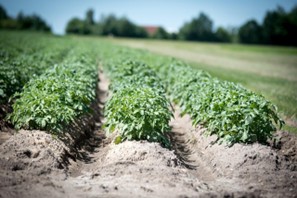
If space is an issue why not give the Three Sisters growing technique a go?
Widely used in South America, this planting scheme maximises space by combining 3 different food crops together in the same space:
Plant everything a bit closer together than you would normally but make sure you use a good quality peat free compost and feed regularly.
Lawn – up your mowing game but make sure you keep those blades sharp!
Deadhead – your daffs and tulips but don’t cut back or tie up the leaves!
Pests – keep an eye out for pest damage and remove any you see. Encourage natural predators into your garden.
Wildlife – keep birdfeeders topped up as hungry parents need to keep their energy levels up whilst feeding their chicks. Provide a constant supply of water too and never let it run out.
Consider ‘No Mow May’ although ideally, leave a little patch of your garden to be wild all year long!
Enjoy – don’t forget to make the most of the sunshine and light, mild evenings we have been having. Take a cuppa or a cheeky glass of something and just sit outside and soak in nature.